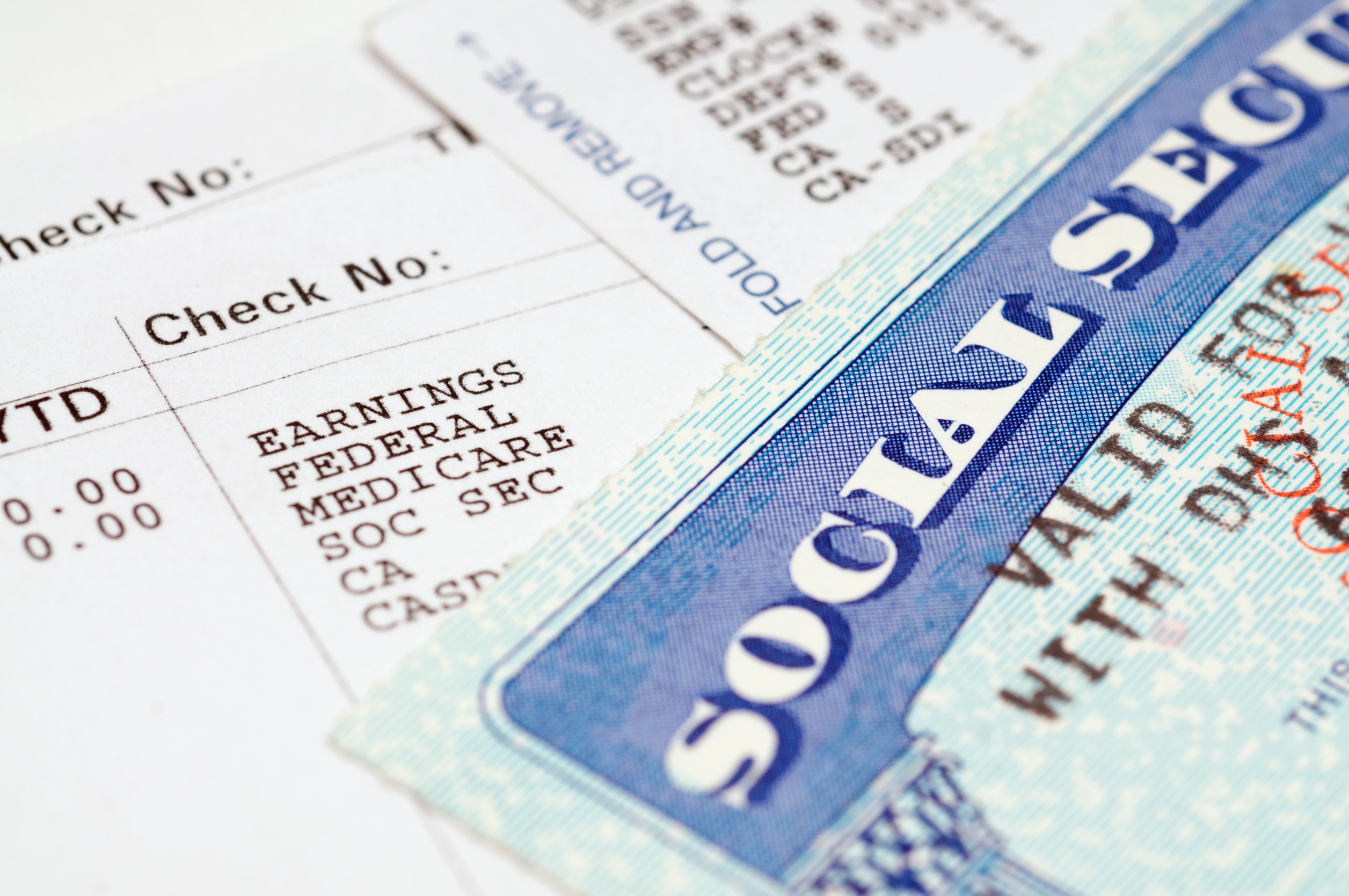
Escaping the “rat race” means reaching financial independence. This is the point where you no longer need to trade your time for money just to survive. True independence gives you the freedom to choose how you spend your time without being tied to a paycheck. The amount of money you need to achieve this goal depends on several key factors, including your lifestyle, expenses, and long-term plans. There is no single number that applies to everyone, but we will walk you through how to estimate your target and how to start building toward it today.
The Core Formula You Need
A popular method in the financial independence community is known as the 25x Rule. To use it, calculate your annual expenses and multiply that figure by 25. The result is the amount of money you need to have invested in order to retire or leave the workforce. This method is based on the 4% Rule, which suggests you can safely withdraw 4 percent of your portfolio each year without running out of money. For example, if your yearly expenses are $40,000, you would need $1 million invested to maintain your lifestyle indefinitely.
Calculate Your Annual Expenses
Start by tracking your spending over a few months to understand your actual annual expenses. Be sure to include essentials like rent or mortgage payments, food, transportation, healthcare, insurance, debt, and entertainment. Many people are surprised by how much or how little they truly spend. Once you know your number, you can begin budgeting or trimming costs to bring your goal within reach. If saving $1 million feels overwhelming, keep in mind that every dollar you cut from your yearly spending reduces your target savings by twenty-five dollars.
Customize for Your Lifestyle
Full retirement is not the only path to financial freedom. You can also consider semi-retirement, where you work part-time or maintain a side hustle to cover some of your expenses. This reduces the total amount of savings you need and allows for more flexibility. Another option is called geoarbitrage, which means moving to a country or city with a lower cost of living. This can dramatically reduce how much you need to escape the rat race. These strategies can give you more breathing room and make financial independence feel more realistic, even without a million-dollar portfolio.
Getting Out of the Rat Race
Your escape number depends on your lifestyle, location, healthcare needs, and whether or not you want to continue working in some capacity. Some people want to stop working completely, while others simply want the freedom to walk away from a job that no longer serves them. Either way, creating a personalized financial plan is essential. Track your expenses, define your goals, and choose an approach that fits your values. Escaping the rat race is not about getting rich. It is about gaining control of your time and living life on your own terms.
Read More
10 U.S. States Where It’s Becoming Impossible to Live on $50K a Year
7 Unexpected Expenses That Are Quietly Killing Your Retirement Fund

Teri Monroe started her career in communications working for local government and nonprofits. Today, she is a freelance finance and lifestyle writer and small business owner. In her spare time, she loves golfing with her husband, taking her dog Milo on long walks, and playing pickleball with friends.












